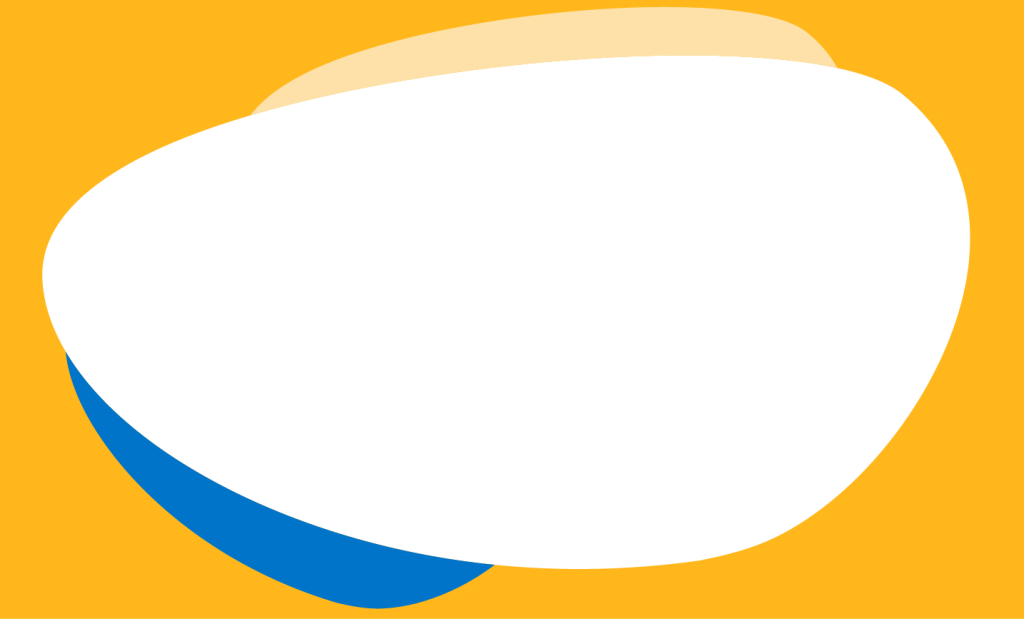
Neurodiversity encompasses the rich tapestry of human neurocognitive abilities, recognizing that each individual’s brain works in unique ways. To be neurodivergent is to diverge from the neurotypical population, which may manifest as differences in social interactions, learning approaches, communication styles, and environmental perceptions. Under the wide umbrella of neurodiversity lie an array of conditions such as:
These diverse diagnoses accentuate the spectrum of ways in which individuals process information and interact with the world, highlighting the difference in skills and challenges experienced by neurodivergent individuals.
Each neurodivergent person presents a distinctive combination of strengths and differences, signifying a different way of navigating social, academic, and personal scenarios. For instance, one individual may exhibit exceptional interpersonal abilities while facing challenges in organizational skills, whereas another may excel in mathematical skills and spatial reasoning but encounter difficulties in literacy.
Neurodiversity serves as a non-medical umbrella term that underscores the importance of understanding and appreciating the wide array of cognitive processes and behaviours within society, emphasizing the value of unique perspectives and approaches to thinking and functioning. By acknowledging and embracing this neurocognitive diversity, we foster an inclusive and empowering environment that celebrates individual differences and promotes acceptance and support for all.

Neurodiversity-affirming means recognising and valuing the diversity in which individual’s think, behave, and learn. It acknowledges that there are millions of different ways of processing information and interacting with the world, and that each of these ways is equally important and valuable. This approach does not view neurodivergence as a deficit or something that needs to be cured, but rather celebrates the strengths and unique perspectives that come with it.
By honouring individual’s interests, understanding regulation, and avoiding trying to fit people into boxes they don’t necessarily belong in, neurodivergent affirming practices create an inclusive and supportive environment. This approach also values sensory processing differences and does not try to force individuals to conform to typical social skills or roles. Instead, it teaches self-determination, advocacy, and self-identity, empowering individuals to embrace their neurodivergent traits and advocate for themselves without feeling the needs to mask or camouflage their true selves.
Neurodivergent affirming practice means to foster a culture of acceptance, understanding, and celebration of neurodiversity. It is about creating a space where individuals can be themselves without judgement or pressure to conform, and where their unique strengths and perspectives are recognised and valued. Neurodivergent affirming practices create an inclusive and supportive society for all individuals.
Neurodiversity affirming language is the use of language that isn’t offensive to neurodivergent people, and describes this population from an objective, strengths-based perspective, rather than a deficits-based one. It is important to use neurodiversity affirming language when referring to or describing a neurodivergent individual.
INSTEAD OF… |
USE… |
|---|---|
| Red flag/ symptom | Trait |
| Person first language (“person with autism”) | Identity first language (“autistic person”) |
| Suffers from | Is... |
| Obsession | Special interest / deep interest |
| Fix/cure | Support |
| Low functioning/high functioning | Has X support requirements |
| 'you don't look autistic' | Nothing! There is no one way to be or look autistic so we don't need to comment on this |
At Kid Sense, we constantly strive to increase our knowledge about neurodiversity, improve the systems in which we operate to ensure that we are affirming in our practice, and continuously educate ourselves to stay updated on the latest developments from lived experience clinicians and educators. At Kid Sense we:


We acknowledge the land on which we operate as the traditional lands of the Kaurna people, and pay our respects to the spiritual relationship with country that all Aboriginal and Torres Strait Islander peoples hold.
Kid Sense is founded on inclusion and the belief that everyone is welcome. All diversity is celebrated, encouraged, represented and supported in our staff, our clients, and our community. You are welcome here.